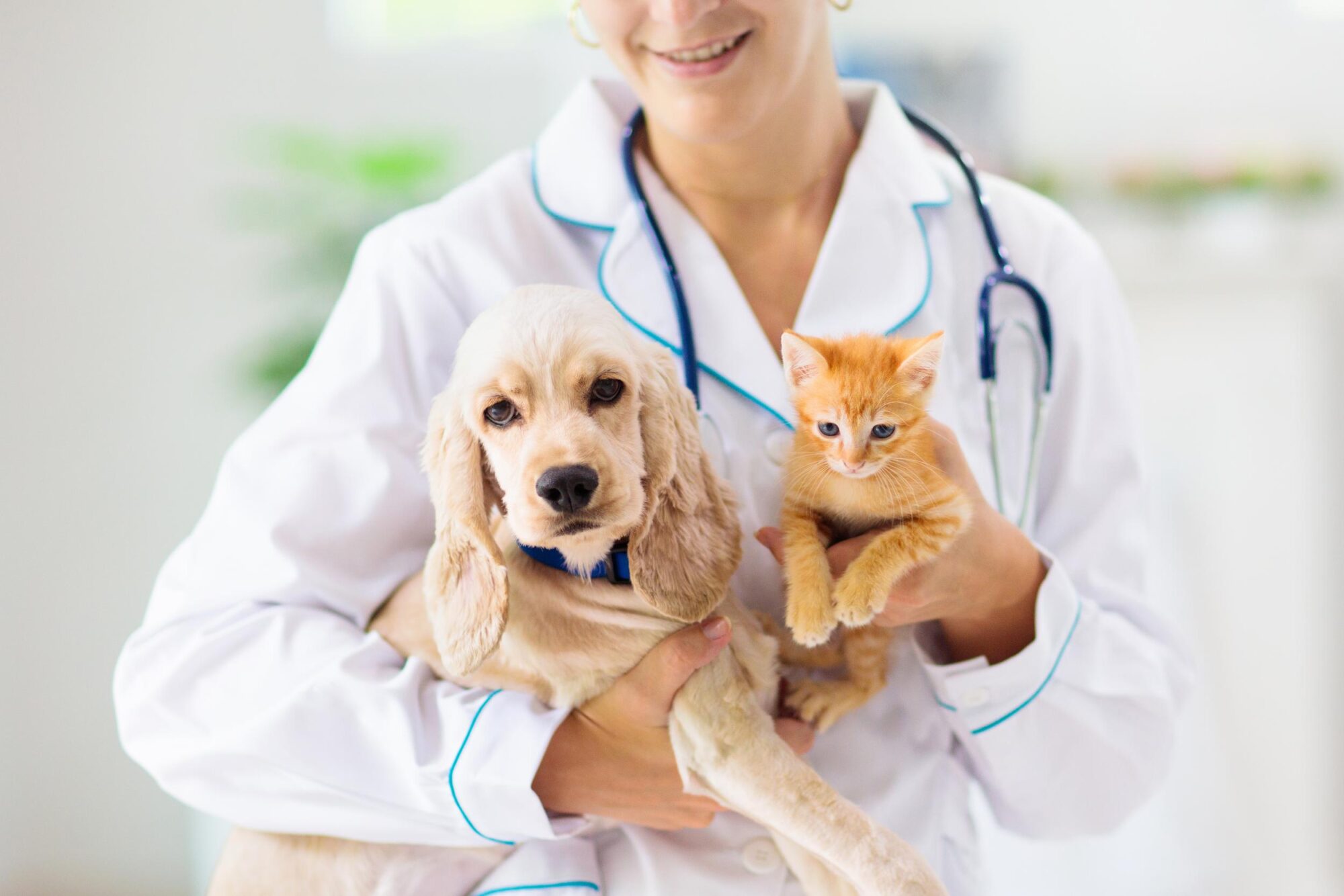Paws and Preparedness: A Veterinarian’s Guide to Emergency Pet Care

There’s no denying that pets are playful, unpredictable, and can get themselves into serious predicaments, which is why pet emergency preparedness is critical for all pet parents. Recognizing signs of pet emergencies and knowing when to seek immediate veterinary care can be challenging in the midst of an emergency when it’s difficult to think clearly, so having a plan in place ahead of time can make a real difference when minutes count.
In this blog, our caring team shares veterinary advice for emergencies to help you better prepare for unforeseen accidents and illnesses.
Recognizing Signs of Pet Emergencies
Pet parents need to know when to seek immediate veterinary care. This information is also valuable to share with anyone caring for your pets in your absence. Contact the nearest emergency animal clinic if a pet experiences any of the following:
- An obvious trauma (such as being struck by a car or attacked by another animal)
- Severe bleeding/deep wounds
- Loss of consciousness
- Respiratory distress or choking
- Seizures
- Paralysis
- Faint pulse
- Sudden drop in body temperature
- Excessive diarrhea or vomiting
- Known ingestion of a toxin
- Severe allergic reaction
- Distressed labor
First Aid For Pets
The ability to provide immediate first aid for pets can help protect a pet from further injury and trauma. Creating a pet first-aid kit is fairly simple. Keep these items in a plastic tote labeled “pet first aid kit” and make sure everyone in the household knows where it is:
- Soft blankets or towels for warmth or to use to help move a pet unable to walk
- Latex-free disposable gloves
- Scissors with a rounded tip (for trimming fur or cutting gauze)
- Tweezers (to help remove foreign objects)
- Antibiotic ointment
- Alcohol wipes
- Saline solution for cleaning wounds
- Styptic powder to stop mild bleeding
- Eye wash
- Gauze pads, bandage tape, or self-cling bandage wraps made just for pets (Do not use human Band-Aids® or similar products on animals.)
- Plastic dropper for cleaning wounds or administering fluids
- In case of poison ingestion, the pet first-aid kit should contain hydrogen peroxide to induce vomiting, and milk of magnesia or activated charcoal to absorb ingested poisons. Also keep Benadryl in the kit for treating severe allergic reactions. But NEVER use these medications without being instructed by a veterinarian.
More Veterinary Advice for Emergencies
Learn animal CPR (find instructions on these websites: The American Red Cross, The ASPCA, and PETMD.com), and store the following numbers in your phone: your pet’s veterinarian; the nearest 24-hour emergency hospital(s); and the ASPCA Animal Poison Control Center: (888) 426-4435.
Prioritize Routine Pet Care
Don’t wait for an emergency to take your pet to the vet. Stay on top of routine wellness care to protect your pet against serious illnesses, which can lead to emergency situations.
Please contact us for more pet emergency preparedness tips or to schedule your pet’s checkup.
